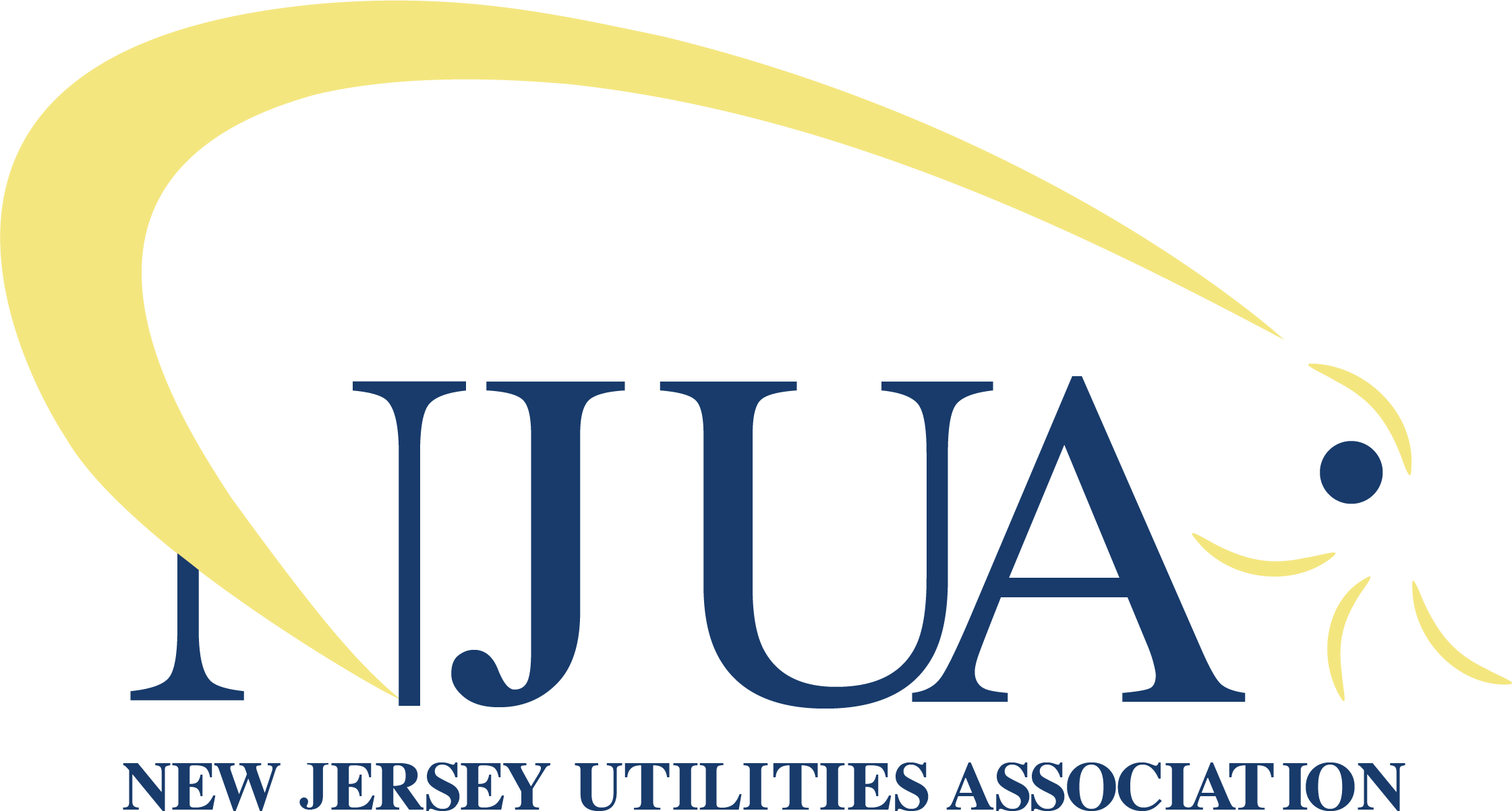Innovation
Supporting All Clean-Energy Sources
While replacing fossil fuels, it is critical that we preserve New Jersey’s nuclear facilities that provide reliable, carbon-free energy, expand renewable energy (solar, wind, geothermal, hydropower), and add clean hydrogen and renewable natural gas (RNG)/ biogas.
All of this source diversification includes carbon capture and storage, reuse of existing pipelines for carbon removal and clean-fuel transport and repurposing existing waste sources to produce RNG.
To facilitate a clean energy future, the federal government is providing tax credits, which utilities are ready to pass on to customers as savings, as opposed to being leveraged by non-utility participants who would use such valuable credits to fatten their bottom line.
Viable Options
Energy Efficiency: Utilities have been working collaboratively with the New Jersey Board of Public Utilities to make energy efficiency more accessible to everyone in the state. The effort includes guidance for customers, comprehensive upgrades to systems and special incentives for low- and moderate-income customers. Lowering demand for energy will make the other clean energy goals more affordable for all. The roll-out of electric heat pumps also play an important role.
Methane/biogas for RNG: Decarbonization is already being used to reduce emissions; state environmental officials believe that up to 150 million cubic meters of biogas could be produced annually. This is a low-carbon fuel that recycles and repurposes methane emissions to displace fossil-sourced natural gas, making it a carbon-neutral energy source. Landfills—the third largest human-generated source of methane in the United States—are a natural target for biogas harvesting. In New Jersey, 11 of the 12 operational landfills already use methane gas captured as a source of power, electricity, heat, or to produce renewable natural gas.
Clean Hydrogen: Achieving commercial-scale hydrogen deployment is critical to building a strong clean energy economy while enabling decarbonization. Estimates indicate that America’s growing hydrogen economy could add 100,000 jobs by 2030. Clean hydrogen is key to New Jersey’s clean energy future, a core federal strategy to achieve 2050 climate goals.
New Jersey’s utilities support Gov. Murphy’s vision for New Jersey to become a “Regional Clean Hydrogen Hub,” as part of 40 clean hydrogen ecosystem partners, taking advantage of our road and rail transportation corridor, ports and strategic position between New York and Philadelphia. New Jersey has one of the most natural gas pipeline-connected populations in the northeast, many natural gas-fired electric generation facilities and remains poised to becoming a national leader in renewable offshore wind energy.
Carbon Capture: With strong industry engagement, government support and innovative supply chain solutions, carbon capture can deliver a competitive solution for achieving net-zero targets. It has the potential to reduce carbon emissions and is a practical way to achieve greenhouse gas emissions reductions needed by 2050.
Modernization: Projects are already underway involving RNG and hydrogen into the gas distribution system. In the New Jersey Natural Gas and South Jersey Gas service territories, for example, all cast iron and unprotected steel pipe has been replaced. PSE&G is delivering this transformation now. This significant investment has yielded immediate environmental benefits through leak reduction. The modern platform is ready to deliver cleaner fuels, including RNG and clean hydrogen.
